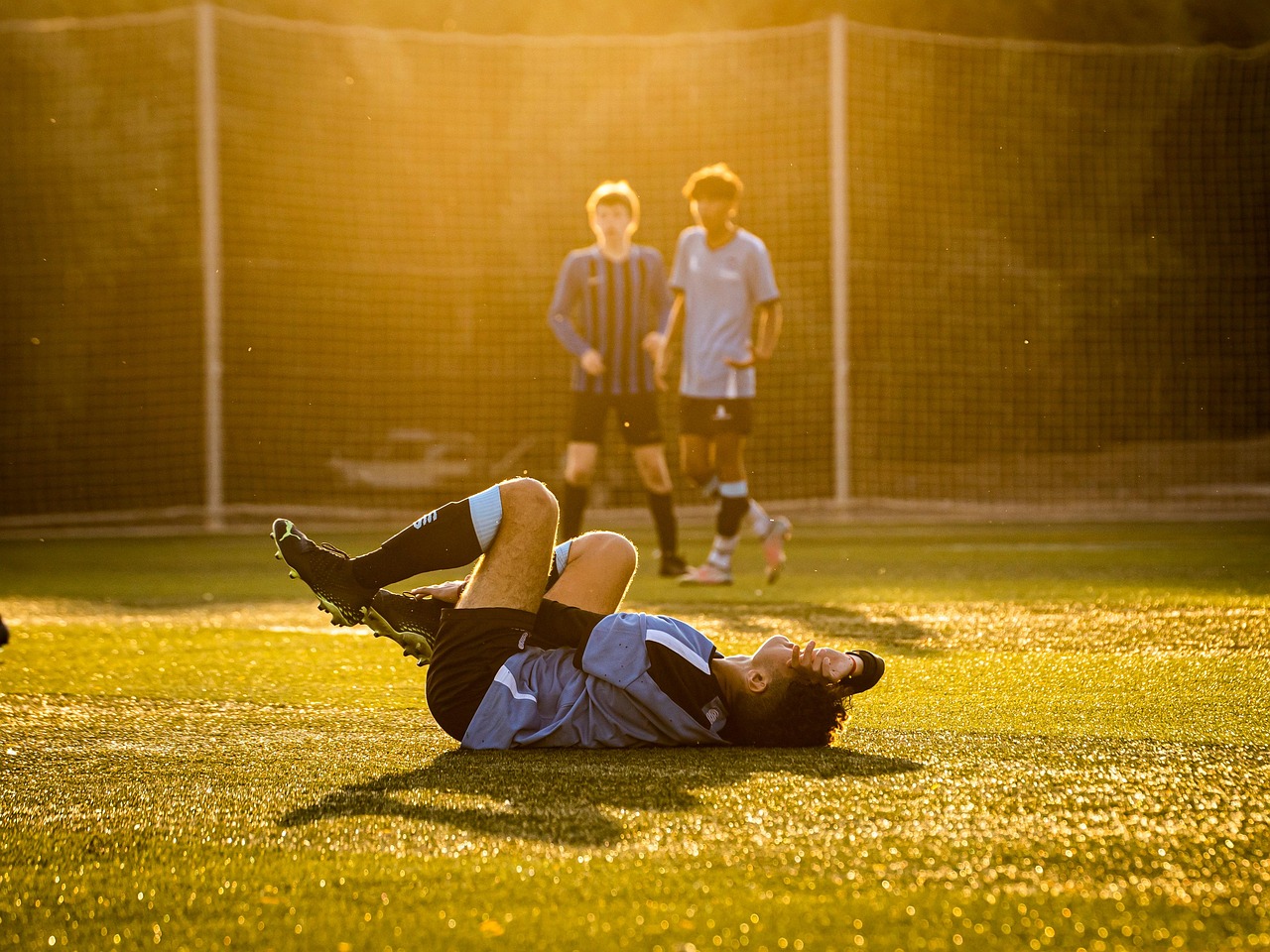
Injuries & Accidents in Dubai and the UAE: Urgent Care Guidance for Travelers and Expats
Why Injury Care Matters in the UAE
Dubai, Abu Dhabi, and the wider UAE are global hubs for tourism, business, and expat living. The region’s rapid pace of life, hot desert climate, and thriving nightlife mean accidents do happen. From slips and falls at malls, to car crashes on high-speed highways, to dehydration-related incidents in extreme heat, urgent care is an important safety net for both visitors and residents.
Urgent care centers are widely available and provide quick, affordable treatment for most non-life-threatening injuries. Hospitals and emergency rooms are available for more severe trauma. Knowing the differences and what to expect helps travelers and expats stay safe and prepared.
National Injury Trends and Risks
Road traffic accidents remain one of the leading causes of injuries in the UAE, despite modern roads and strict traffic laws.
Workplace accidents occur in construction, industrial, and domestic settings; burns and falls are common.
Sports and leisure injuries are frequent, especially with football, desert adventures, and watersports.
Heat-related incidents such as exhaustion and fainting are common in peak summer months when temperatures exceed 45–50°C.
Slips, trips, and falls occur in shopping centers, hotels, and tourist attractions, especially when surfaces are wet.
When to Use Urgent Care vs. Hospital Emergency
Urgent Care
Sprains, strains, and suspected minor fractures
Small cuts requiring stitches
Superficial burns not covering large areas
Dehydration and heat exhaustion requiring IV fluids
Minor allergic reactions, insect bites, or rashes
Hospital Emergency Room
Major traffic accidents and severe trauma
Large burns or chemical exposure
Broken bones with deformity or open fractures
Severe head injury or loss of consciousness
Chest pain, breathing difficulty, or signs of stroke/heart attack
Dubai
Dubai is a city built for scale, speed, and entertainment—so accidents come with the territory.
Common Risks
High-speed road accidents on Sheikh Zayed Road and Al Khail Road
Heat exhaustion at outdoor attractions like Global Village and desert tours
Sprains or falls at theme parks, malls, or beach clubs
Kitchen burns and cuts in hospitality and home settings
Where to Get Care
Urgent care centers are common in Jumeirah, Dubai Marina, and Downtown, with English-speaking staff.
Major hospitals like Mediclinic, American Hospital Dubai, and Saudi German Hospital handle emergencies 24/7.
Many facilities provide same-day diagnostics such as X-rays and lab testing.
Abu Dhabi
As the UAE’s capital, Abu Dhabi has excellent healthcare infrastructure with modern facilities.
Common Risks
Car accidents on long, high-speed desert highways
Sports injuries from football, cricket, and watersports along the Corniche
Dehydration and heat stroke during outdoor events
Falls at construction sites or residential towers
Where to Get Care
Cleveland Clinic Abu Dhabi and Sheikh Shakhbout Medical City provide world-class trauma and emergency care.
Urgent care centers and mall-based clinics in the city center are convenient for sprains, cuts, and dehydration.
Industrial and corporate clinics are available for workplace incidents.
Sharjah
Sharjah offers a quieter lifestyle compared to Dubai, but injuries still occur in residential, cultural, and industrial areas.
Common Risks
Family-related injuries such as home falls and playground accidents
Industrial and workplace injuries in manufacturing zones
Heat-related fainting episodes during outdoor activities
Where to Get Care
Private hospitals such as Zulekha Hospital and Al Zahra Hospital manage urgent and emergency needs.
Smaller urgent care clinics are available for minor burns, cuts, and sprains.
Severe trauma cases are often transferred to Dubai or Abu Dhabi for specialist care.
Cost of Injury Care in the UAE
Minor stitches: 300–600 AED (~$80–$160 USD)
X-ray and splint: 800–1,500 AED (~$220–$410 USD)
Burn treatment (dressing, medications): 500–1,000 AED (~$135–$270 USD)
IV fluids for dehydration: 400–800 AED (~$110–$220 USD)
Urgent care consultation in a private clinic: 250–500 AED (~$70–$135 USD)
What to Expect at an Urgent Care Visit
Triage and evaluation of symptoms
Diagnostics like X-rays or blood work if needed
Immediate treatment (stitches, splints, wound dressing, IV therapy)
Prescriptions and access to nearby pharmacies
Discharge summary for follow-up or insurance claims
Prevention Tips for Travelers and Expats
Stay hydrated and avoid outdoor activity during midday in summer
Wear seatbelts and follow road laws strictly; UAE fines are heavy but safety comes first
Use helmets when biking, scootering, or motorbiking
Wear sunscreen and protective clothing to avoid heat burns
Take care on slippery surfaces in malls, hotels, and public areas
For children, monitor playground safety and poolside activity closely
Key Takeaways
Injuries in the UAE are most often related to traffic, heat, workplace accidents, and slips/falls.
Urgent care centers in Dubai, Abu Dhabi, and Sharjah are well-equipped for non-life-threatening cases.
Hospitals offer advanced trauma care, especially for major accidents.
Costs are reasonable by global standards, but higher than in neighboring countries—insurance is recommended.
Prevention and situational awareness are the best ways to avoid accidents.